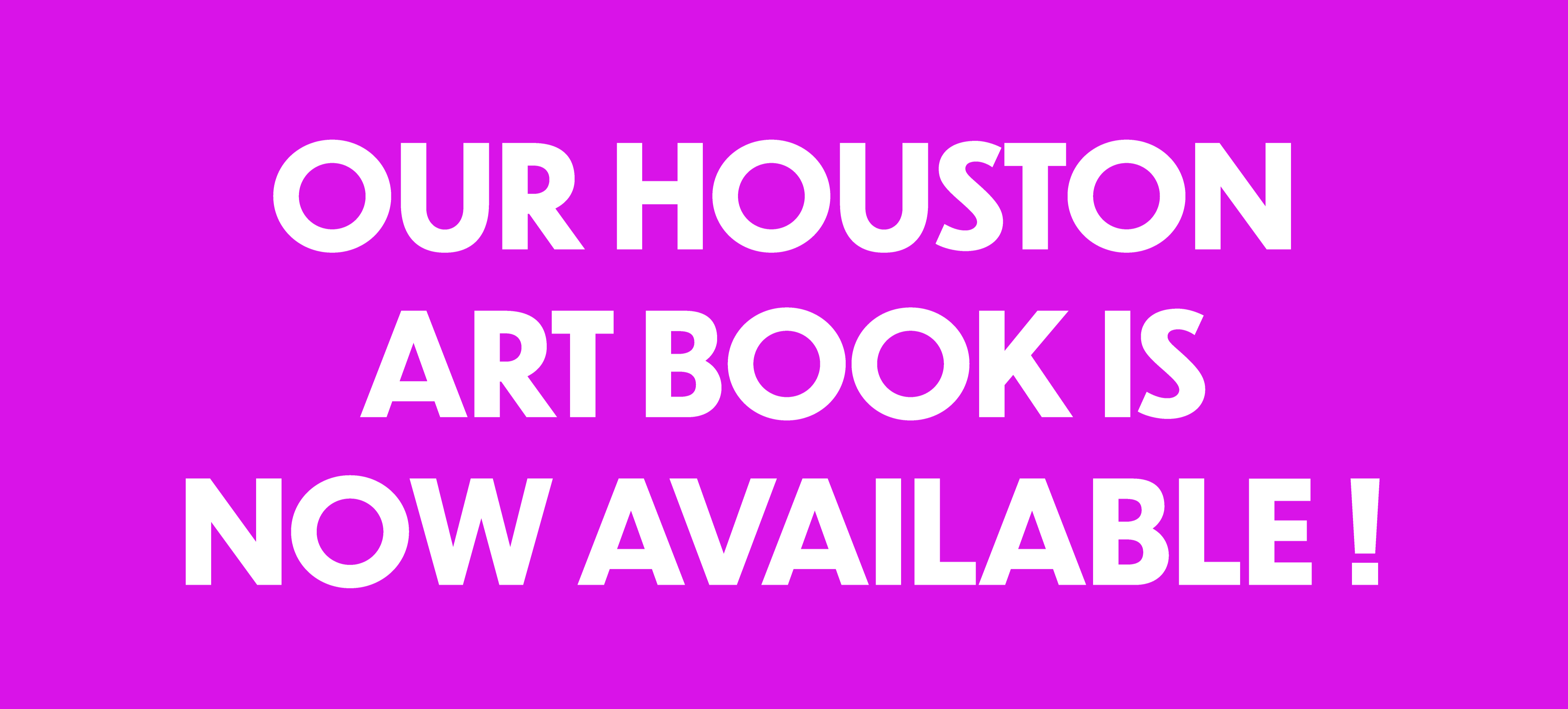Réfléchir aux différences : L'architecture de sécurité de Lagos et de Johannesburg
Le dernier article du blog de Samson explore les architectures de sécurité contrastées de Lagos et de Johannesburg, mettant en lumière leurs approches uniques de l'application de la loi et les défis auxquels elles sont confrontées.

Photo : Paul Saad
Il existe des différences contextuelles entre les systèmes de sécurité de Lagos et de Johannesburg. Une scène de rue typique qu'un visiteur de Johannesburg observera est celle de la police (South African Police Service) avec ses fourgons armés de pistolets... et faisant son travail. Parallèlement, des sociétés de sécurité privées, elles aussi armées de gilets pare-balles et de pistolets (certaines de fusils), gardent les infrastructures de leurs clients (banques, bureaux, complexes résidentiels)... et la police municipale (Johannesburg Metropolitan Police Department), elle aussi armée de pistolets, s'occupe essentiellement de la circulation.
Alors qu'à Lagos, il y a la police nigériane, contrôlée par le gouvernement fédéral. Elle constitue l'essentiel du service de sécurité et dispose du monopole/de l'autorisation d'utiliser la force des armes, de procéder à des arrestations et d'engager des poursuites. Toutefois, ce dispositif de sécurité pose des problèmes persistants. Il y a toujours des cas de conflit d'intérêts entre le gouvernement national, l'État et les gouvernements locaux, les gouvernements subnationaux étant incapables de faire respecter la loi et l'ordre indépendamment du gouvernement national. Pour combler cette lacune, le gouvernement de l'État de Lagos a créé des groupes paramilitaires/de sécurité tels que :
- Lagos State Traffic Management Authority (LASTMA) : pour gérer le trafic
- Kick Against Indiscipline (KAI) : pour faire respecter les lois environnementales
- Lagos Neighborhood Safety Corps (LNSC) : pour la collecte de renseignements sur la criminalité et la police de proximité.
Ces unités de sous-police créées par le gouvernement de l'État de Lagos doivent fonctionner comme des unités de sécurité complémentaires de la police nationale. Suite à la multiplication des cas d'enlèvements au Nigeria ces derniers temps, des voix se sont élevées pour réclamer une décentralisation constitutionnelle du maintien de l'ordre vers les échelons infranationaux du gouvernement. Toutefois, l'octroi de licences pour l'utilisation d'armes reste une question controversée. Alors qu'il existait des unités de police infranationales au moment de l'indépendance, ces forces ont été dissoutes dans la police nationale à la suite de la guerre civile nigériane afin d'éviter de futures rébellions régionales.
Malgré la décentralisation des services de police à Johannesburg, la criminalité urbaine est très répandue. Néanmoins, Lagos souhaiterait aspirer à une décentralisation des services de police. Au-delà de la décentralisation de la police, les inégalités socio-économiques jouent un rôle important dans l'incidence de la criminalité dans les deux villes. De plus en plus de voix s'élèvent pour réclamer l'installation de caméras dans les rues afin d'améliorer la surveillance. D'autre part, des plaintes ont été déposées concernant des brutalités policières à l'encontre de résidents, en particulier à Lagos. Ainsi, outre la surveillance souhaitée des activités des résidents, des appels sont lancés aux agences de sécurité pour qu'elles fassent de même.
Le lien entre la sécurité et le contrat social exige des gouvernements des deux villes qu'ils améliorent d'urgence les conditions socio-économiques, car ni la numérisation accrue ni la force des armes ne résoudront le problème.



